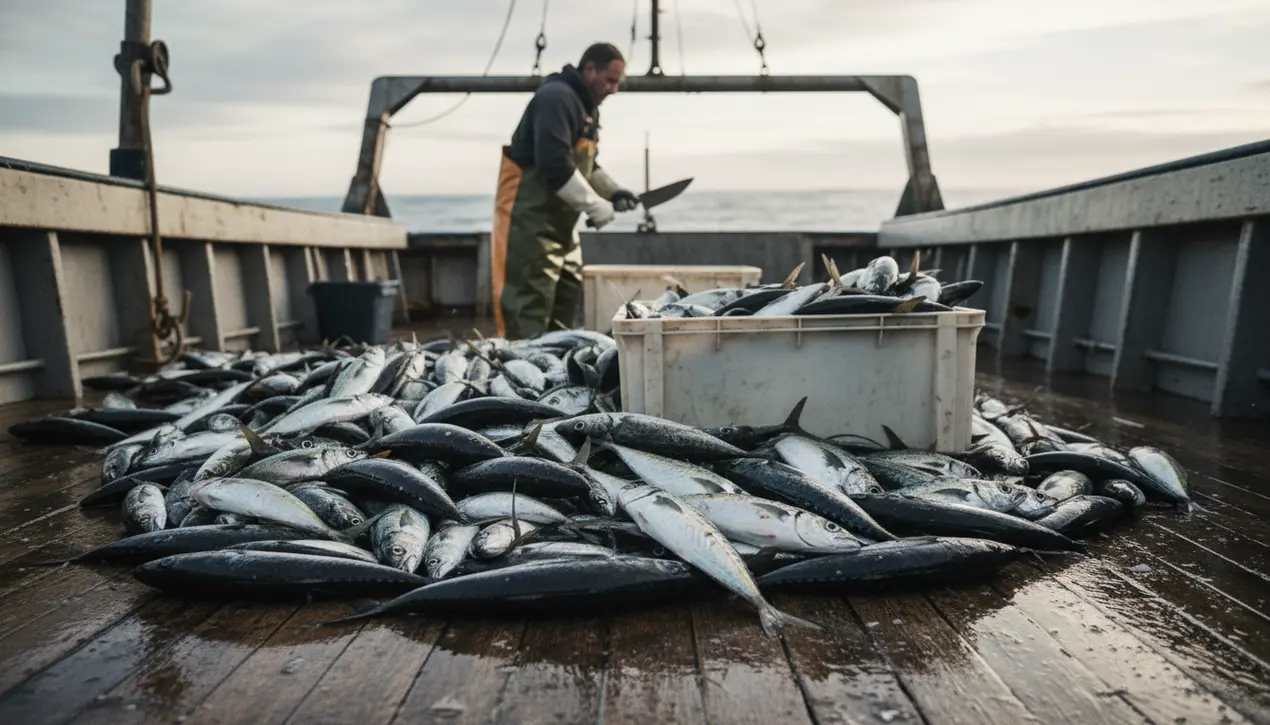
SciencebiologyAnimal Behavior
The surprisingly profound debate over whether fish feel pain
RA
Rachel Adams
1 day ago7 min read8 comments
What must it feel like to be a fish — to glide weightlessly through the sea, to draw breath from water, to be oblivious to the parched terrestrial world above? For centuries, Western natural philosophy has maligned sea creatures as primitive, dim-witted, perhaps not even conscious, a prejudice tracing back to Aristotle's scala naturae that ranked fishes near the bottom of existence. Plato characterized them by 'the lowest depths of ignorance.' This historical dismissal persists today as humans use fishes in far greater numbers than land animals—for food, amusement as pets, and more—while showing strikingly little interest in their subjective experiences. We even perpetuate myths like the proverbial goldfish memory, fabricated from thin air, despite scientific evidence revealing complex social relationships, cognitive abilities, long-term memories, and tool use among various fish species.The question of whether fish feel pain remains profoundly contested, not because of a lack of evidence, but because pain is a subjective feeling that science cannot definitively prove. Since the early 2000s, researchers like Lynne Sneddon have discovered that fish possess nociceptors, neurons that signal injury to the central nervous system, and behavioral experiments have shown trout injected with painful substances like acetic acid exhibiting spiked respiration rates, reduced appetites, and rubbing against tank surfaces—responses suggesting conscious attention to discomfort rather than mere reflexes.Yet, skeptics like Georgia Mason argue that such behaviors could occur in non-conscious subjects, pointing to decerebrate animals that display similar actions without sentience. This debate is rooted in deeper philosophical divides: Charles Darwin assumed animals across the kingdom felt pleasure and pain as part of their alarm systems, while René Descartes' Cartesian view, which split mind from matter, still influences modern science's reluctance to attribute consciousness to beings so alien to our mammalian selves.The uncertainty stems from science's ongoing struggle to understand consciousness itself—how it arises and how widespread it is—leaving us with ethical dilemmas. With hundreds of billions of fish killed brutally by commercial fishing annually, the precautionary principle suggests treating them as capable of suffering, yet cultural biases and fishing industry interests often resist this.As biologist Marian Dawkins noted, connecting tangible brain tissue to private conscious experiences remains 'mysterious and almost magical. ' Ultimately, focusing solely on pain may be too narrow; fish, evolving for eons in diverse aquatic niches, exhibit behaviors like cleaner wrasses recognizing themselves in mirrors or guppies forming friendships, hinting at rich, unexplored inner lives. Embracing this complexity, rather than demanding endless proof of sentience, could foster greater empathy and ethical consideration for these vital inhabitants of our planet's blue heart.
#fish pain
#animal consciousness
#animal ethics
#scientific research
#featured
#animal welfare
#sentience
#neuroscience
#Darwin
#Descartes
Stay Informed. Act Smarter.
Get weekly highlights, major headlines, and expert insights — then put your knowledge to work in our live prediction markets.
Related News
Comments
Loading comments...
© 2025 Outpoll Service LTD. All rights reserved.